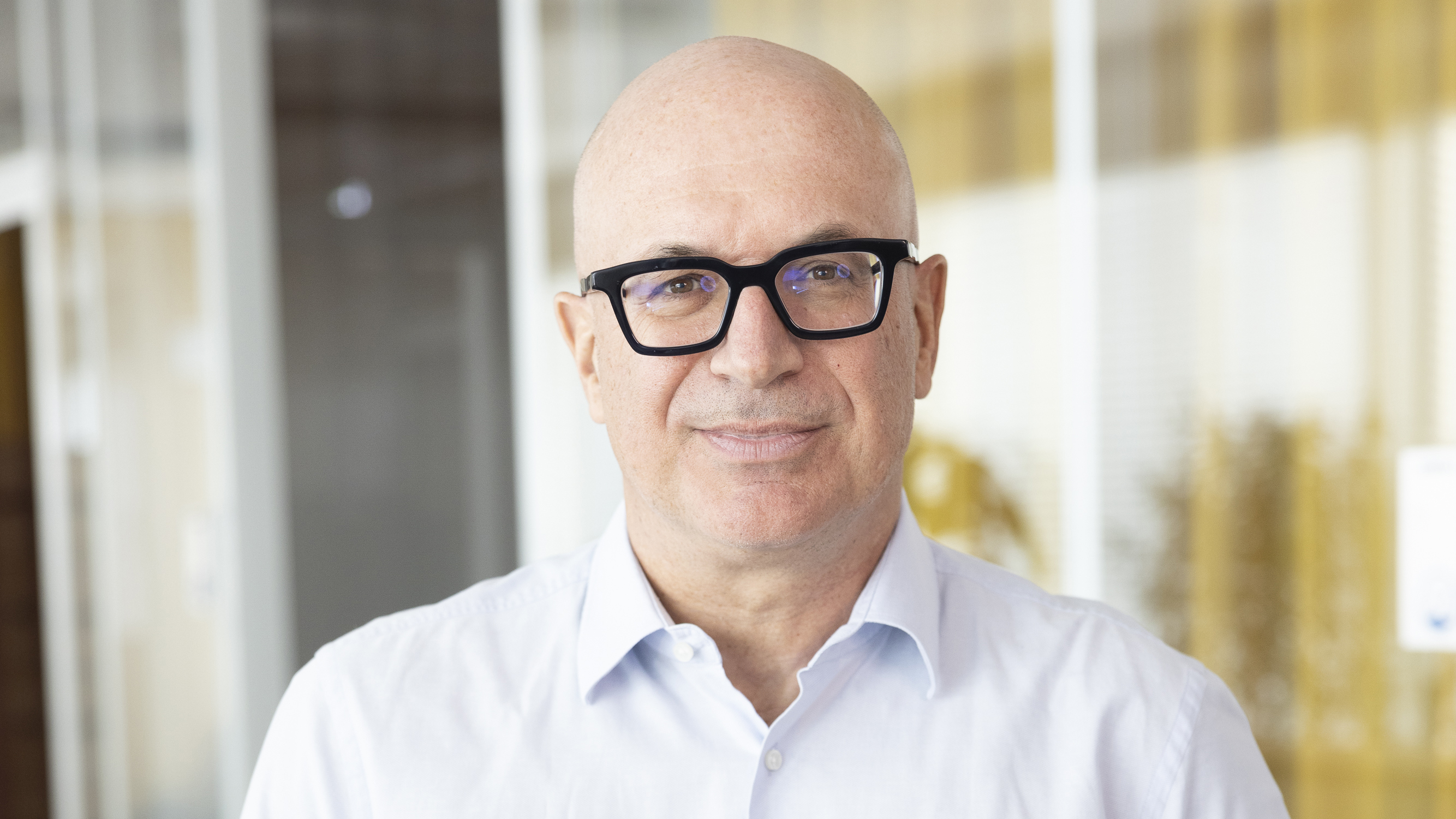Adherence to new EU Regulations Paves way to More Sustainable Banking

György Szege, head of ESG at MBH Bank.
The Budapest Business Journal discusses sustainability, digital transformation, green financing, and ESG with MBH Bank’s György Szege, head of ESG at MBH Bank.
BBJ: How is MBH preparing for the Corporate Sustainability Reporting Directive (CSRD)? What challenges do you anticipate?
György Szege: As a first step, we will focus on an assessment and gap analysis. We will evaluate our current sustainability reporting practices and compare them to the requirements outlined in the CSRD to identify gaps and improvement areas. To achieve this, we need to enhance our data collection processes to ensure the accuracy and reliability of our ESG performance data.
Regarding data availability and quality, there are many challenges in collecting consistent and reliable ESG data, especially for some less quantifiable metrics. To fully meet the CSRD requirements, we must integrate ESG considerations into our business strategies and decision-making processes. We already began this process when we adopted our ESG strategy, but the CSRD presents a new chapter for us as we must now address ESG in every area. If some banks are quicker or more successful in implementing sustainable practices, others may face competitive pressures to keep up.
BBJ: What significant achievements and challenges did last year’s Sustainability Report highlight?
GySz: Challenges include identifying the most significant sustainability issues relevant to our organization and our stakeholders, and information on how sustainability is governed within the organization, including the roles and responsibilities of key personnel and board oversight. Fortunately, we have had a central ESG department since the beginning of 2022, and we have also selected ESG ambassadors to help us achieve our goals.
We need clear targets and key performance indicators for sustainability objectives and progress towards achieving them. Collecting this accurate and relevant data across various operations and departments can be challenging, especially for large and complex organizations like ours. Keeping up with evolving sustainability regulations and reporting frameworks can be a challenge for financial institutions, as can quantifying and measuring the social impact of the activities of an organization due to the intangible nature of some social metrics.
BBJ: How does MBH ensure that it listens to its employees?
GySz: Ensuring that a bank listens to its employees is crucial for fostering a positive work environment, promoting employee engagement, and making informed decisions that align with the goals and values of the company.
For example, we conduct regular surveys to gather feedback from our employees and, through our ambassador program, we gain firsthand access to the latest information in frequent meetings and receive support from senior managers.
We also have several internal programs to support our employees at different stages of their lives, such as the MBH Baby+ or the MBH Active+ programs. At the same time, we do not forget our new starters, whom we support through our fusion trainee programs, and we reward excellence through our Employee Recognition Program.
We actively seek and value feedback from our employees to create a more inclusive and supportive work environment while shaping our policies and strategies to better align with the needs and aspirations of our workforce.
BBJ: How does MBH’s tree-planting program align with your sustainability goals?
GySz: This spring, we planted 10,000 saplings in southern Transdanubia. We also want to contribute to creating a more livable future and a greener environment. During the initiative, 140 employees of the banking group who wanted to actively participate in achieving our goals related to the carbon neutrality and attitude-shaping pillars of our ESG strategy, planted native trees. A local professional organization helped our workers with the planting, thus ensuring expert care of the plants.
In the summer of 2022, we presented our ESG strategy with two main elements: reducing the carbon footprint of MBH Bank and shaping employee attitudes. We aim to achieve this by maintaining energy-efficient operations and organizing activities that actively reduce carbon emissions. Our goal is to actively involve employees, letting them experience firsthand how their volunteer work contributes to achieving net carbon neutrality and supports biodiversity in the area.
BBJ: How is MBH navigating green financing in the current interest rate environment?
GySz: In such a high-interest rate environment as we have here, our bank is working on ESG issues to invest the funds needed to do more green lending in the future. Green lending is not an activity that we can introduce overnight because it requires the development of IT systems and policies. International and national regulations now set strict standards on what can be called green and when.
Last year, we completed a major project to assess the ESG risk of the entire portfolio of our former member banks (how much of the portfolio is low, medium, and high ESG risk) and to develop a process to assess ESG risks for most loan proposals. This is just the beginning of green lending, as we need to be clear about where we start and where we need to improve our portfolio.
Through all these means, we can play a role in raising public awareness about green financing and the benefits of sustainable investments. Educating customers about the positive impact of green projects may increase demand for such financing options.
BBJ: How do you see the role of digital transformation in enhancing MBH’s sustainability efforts and employee engagement?
GySz: Digital transformation is pivotal in enhancing the company’s sustainability efforts and employee engagement. Integrating digital technologies can lead to more efficient and effective sustainability initiatives while fostering a culture of engagement and collaboration among employees.
Digital transformation contributes to reforming various areas of the bank in different ways. For example, digital tools enable banks to collect and analyze vast amounts of data related to their environmental and social impact. This data-driven approach allows banks to identify areas of improvement, set meaningful sustainability goals, and monitor progress toward achieving them.
Digital transformation also facilitates remote work and flexible work arrangements. Allowing employees to work remotely can reduce commuting and office energy consumption, contributing to the sustainability efforts of a financial institute. It also enhances employee engagement by providing a better work-life balance and accommodating individual preferences.
In addition, digital platforms facilitate e-learning and training programs on sustainability topics for employees. This empowers colleagues to understand the importance of sustainability, equips them with relevant knowledge, and encourages them to participate actively in the bank’s sustainability efforts.
This article was first published in the Budapest Business Journal print issue of September 8, 2023.
SUPPORT THE BUDAPEST BUSINESS JOURNAL
Producing journalism that is worthy of the name is a costly business. For 27 years, the publishers, editors and reporters of the Budapest Business Journal have striven to bring you business news that works, information that you can trust, that is factual, accurate and presented without fear or favor.
Newspaper organizations across the globe have struggled to find a business model that allows them to continue to excel, without compromising their ability to perform. Most recently, some have experimented with the idea of involving their most important stakeholders, their readers.
We would like to offer that same opportunity to our readers. We would like to invite you to help us deliver the quality business journalism you require. Hit our Support the BBJ button and you can choose the how much and how often you send us your contributions.











